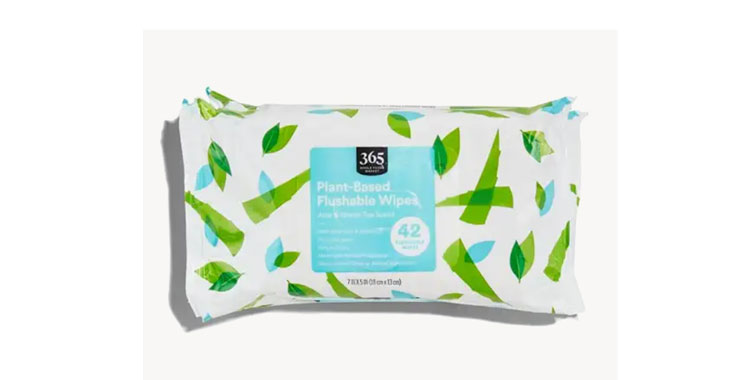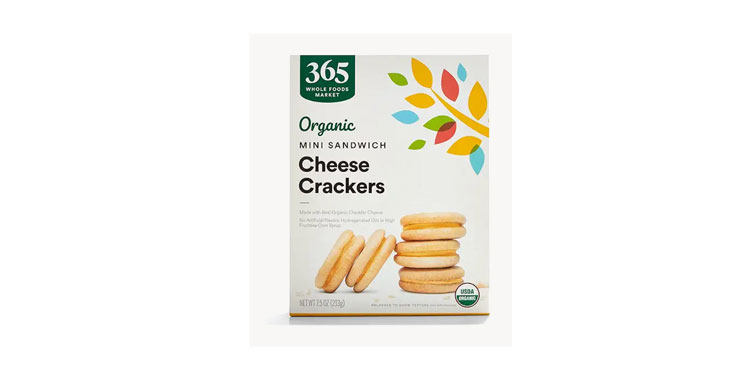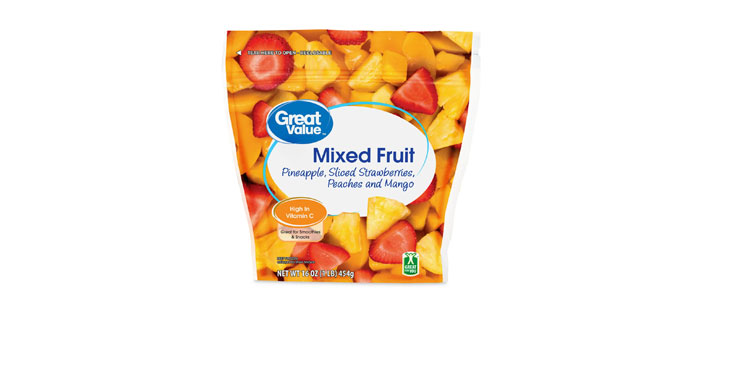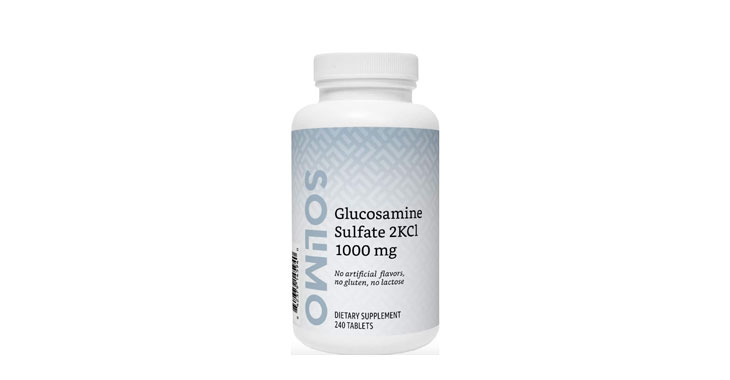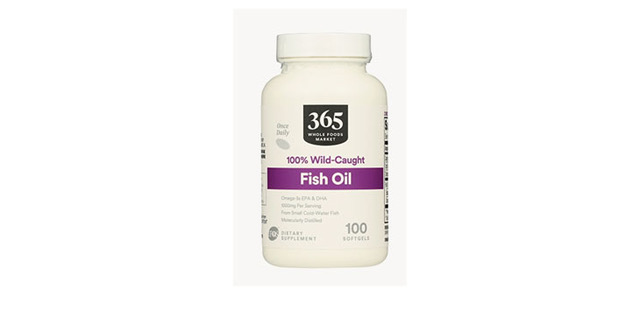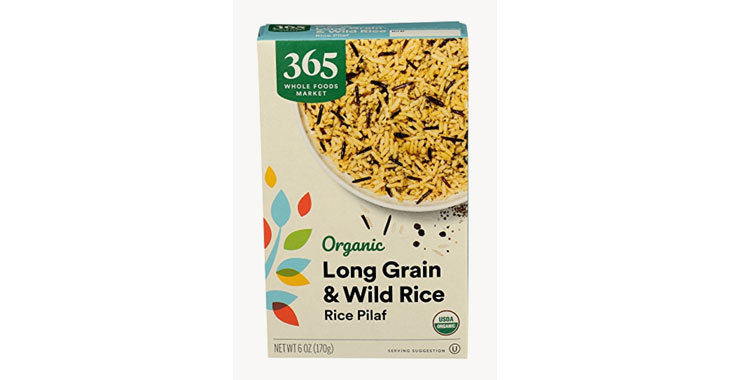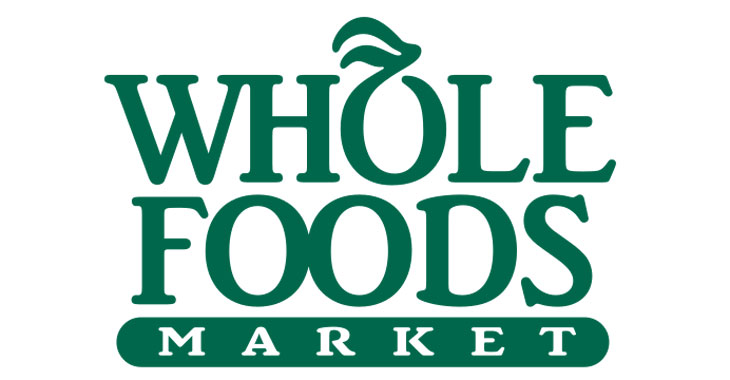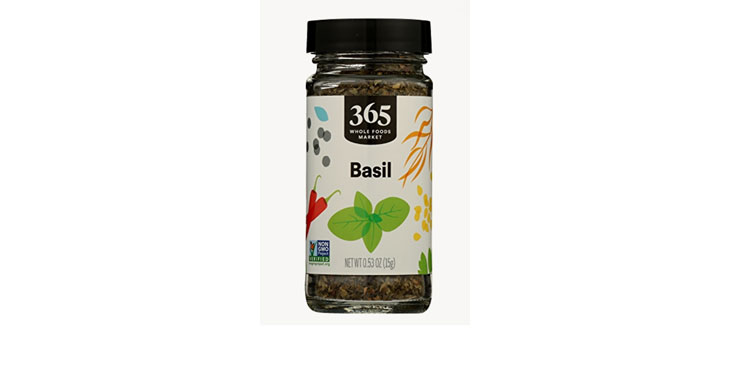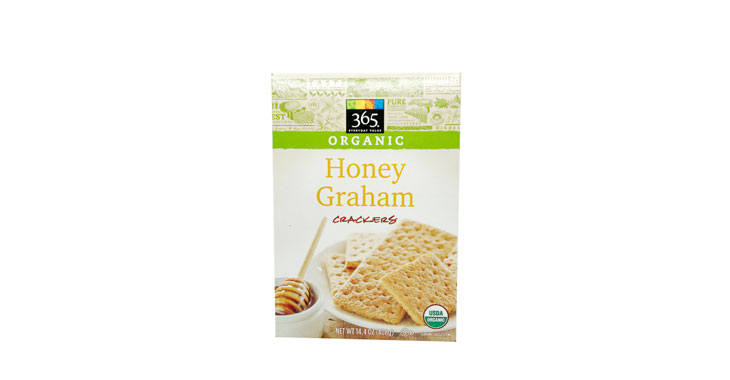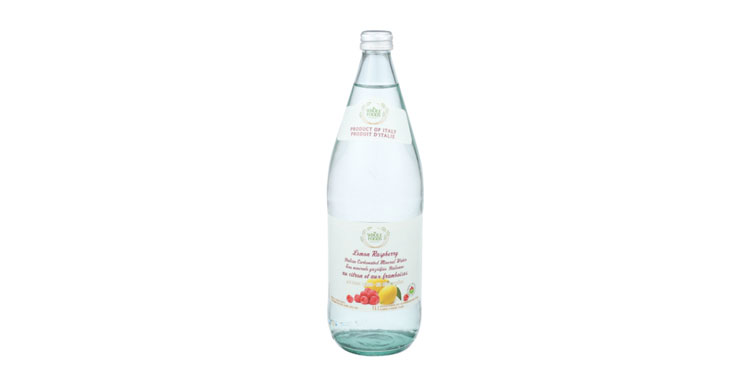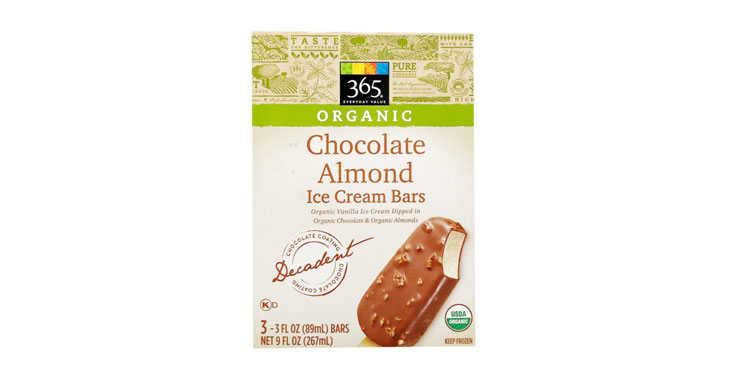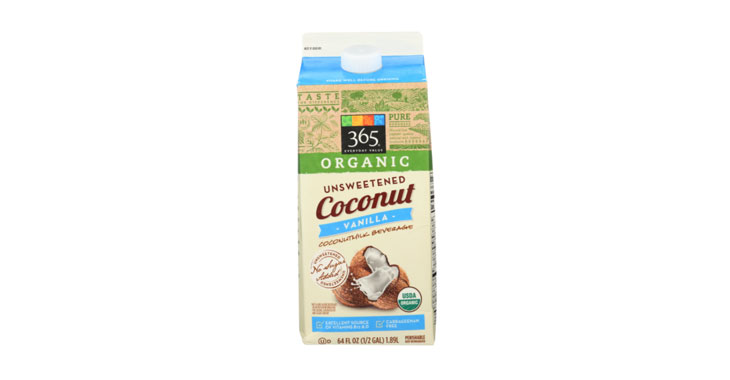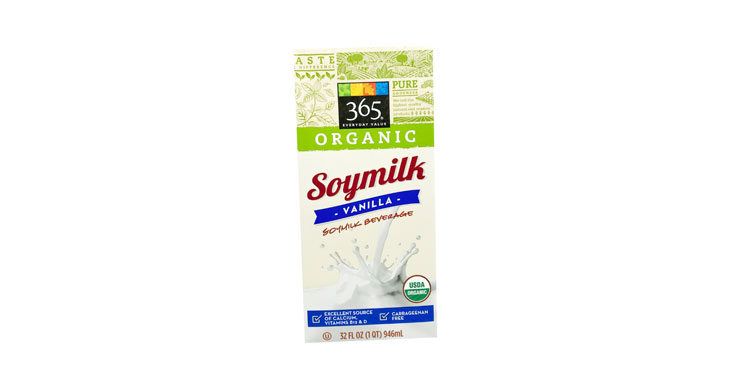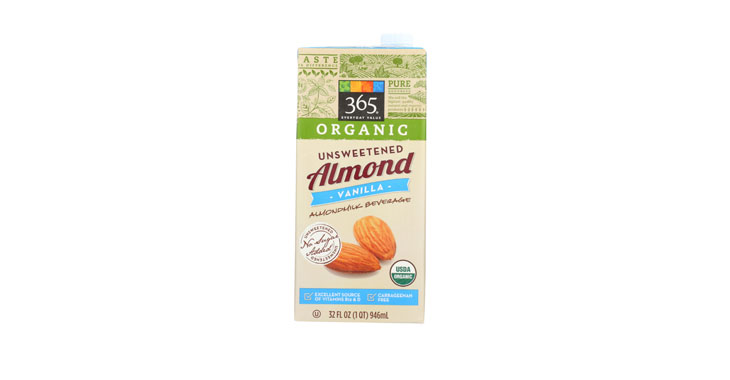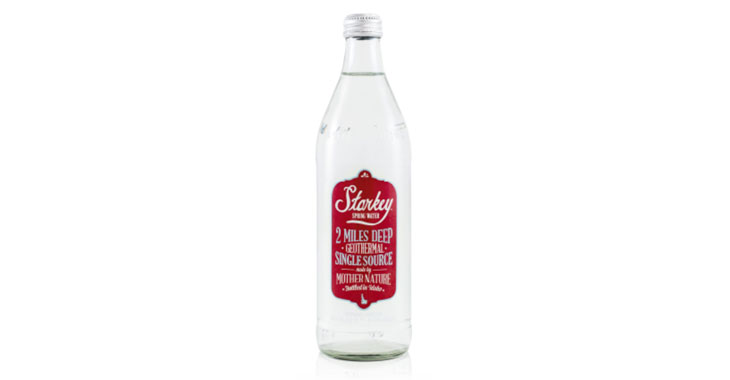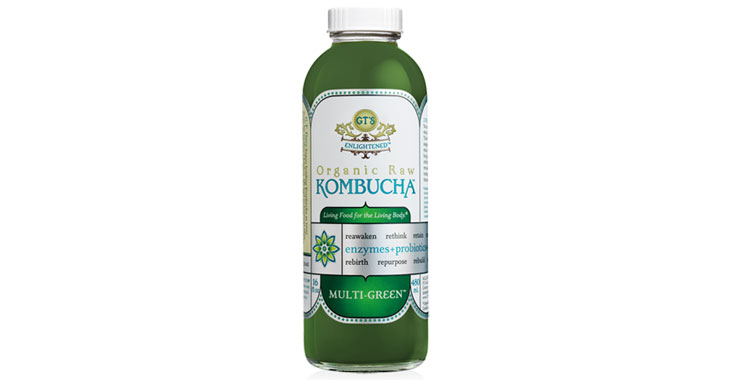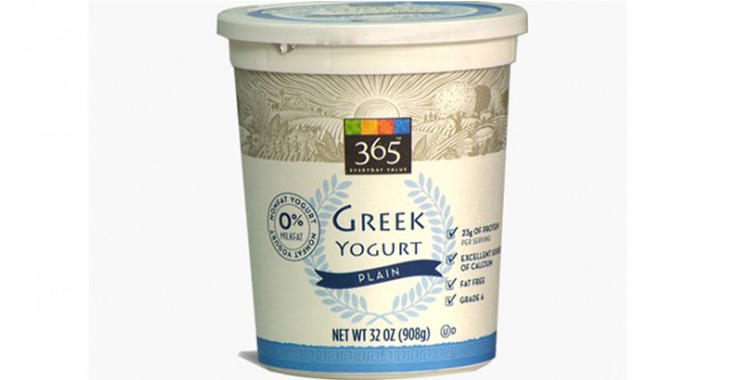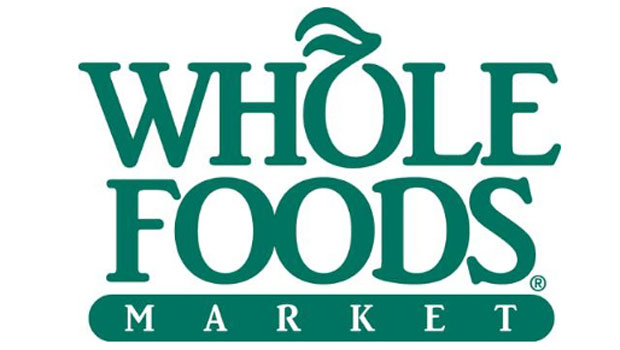
Rice Products on Amazon
Allegations: Failing to disclose that products contain heavy metals
November 2017: Plaintiffs filed an amended complaint similarly alleging that Whole Foods overstates the weight of products and, as a result, overcharges customers.
June 2017: The Second Circuit Court of Appeals, which found that plaintiffs had adequately alleged an injury, vacated the district court’s judgment and remanded the case for further proceedings.
March 2016: After this lawsuit was consolidated with Bassolino v. Whole Foods in October 2015, a federal judge dismissed the combined case finding, among other things, that plaintiffs did not adequately allege that they sustained any injury. The lawsuit was dismissed When a complaint is dismissed with prejudice, it cannot be refiled..
In late March, a Notice of Appeal regarding the decision to dismiss the case was filed. (District Court: In re Whole Foods Market Group, Inc. Overcharging Litigation, Case No. 15-cv-5838, S. D. NY.; Appellate Court: Case No. 16-986, 2nd Cir.)
July 2015: A class-action lawsuit was filed against Whole Foods alleging that the company deceptively overstates the weights of pre-packed food products and, as a result, the company overcharges customers. (John et al v. Whole Foods Market, Inc., Case No. 15-cv-5838, S. D. NY.)
For more information about other class-action lawsuits filed against Whole Foods and TINA.org’s coverage of the company, click here.
Allegations: Failing to disclose that products contain heavy metals
Allegations: Falsely marketing products as plant-based
Allegations: Misleadingly marketing that products contain “Real Organic Cheddar Cheese”
Allegations: Falsely marketing that Amazon Prime members receive free 2-hour delivery of groceries when Amazon charges consumers a $9.95 service fee for grocery deliveries from Whole Foods Market
Allegations: Failing to adequately disclose a $2 deposit fee in advertised retail prices
Allegations: Failing to disclose that products contain a bacterium that could lead to serious adverse health consequences
Allegations: Falsely marketing supplements as glucosamine sulfate when they don’t contain any glucosamine sulfate
Allegations: Misleadingly marketing products as “whole grain”
Allegations: Misleadingly marketing the weight of fish in products as higher than it actually is
Allegations: Falsely marketing pizzas as being 18 inches when they are actually 16 inches
Allegations: Falsely marketing the amount of Omega-3 fatty acids in each serving
Allegations: Deceptively using slack-filled packaging and misleadingly marketing its commitment to environmental stewardship
Allegations: Misleadingly marketing ice cream bars as dipped in chocolate when the coating actually contains more vegetable oil than cacao ingredients
Allegations: Misleadingly marketing that the main flavoring ingredient is vanilla when the Ingredients list does not contain a vanilla ingredient
Allegations: Failing to disclose that products contain, or are at risk of containing, toxic heavy metals
Allegations: False “Animal Welfare Certified” and “No Antibiotics, Ever” claims
Allegations: Misleadingly marketing the ingredients in Organic 365 Honey Graham Crackers
Allegations: Misleadingly listing “organic dehydrated cane juice solids” as an ingredient when it’s actually sugar
Allegations: Falsely marketing lemons and raspberries as the main flavoring ingredients
Allegations: Failing to disclose that foods contain allergens
Allegations: Failing to disclose that vanilla flavor comes from artificial flavors
TINA.org has tracked more than 150 lawsuits alleging greenwashing.
Consumers also have a beef with claim that meat is “animal welfare certified.”
These marketing claims are feeling the heat.
TINA.org is currently tracking 70 class actions challenging claims that a variety of foods and beverages are truly vanilla.
